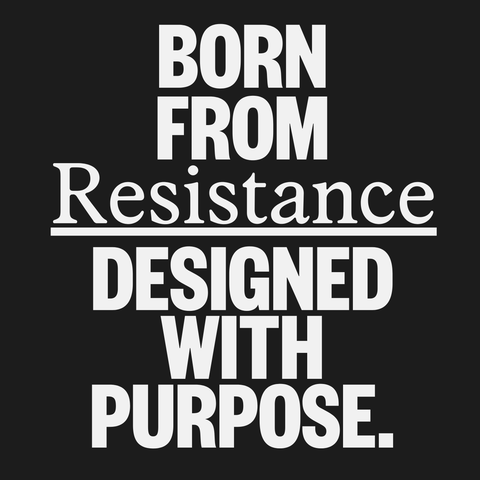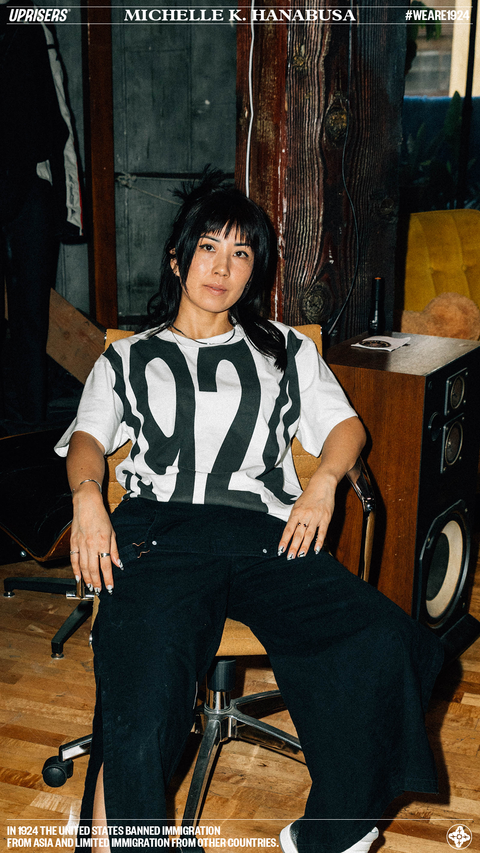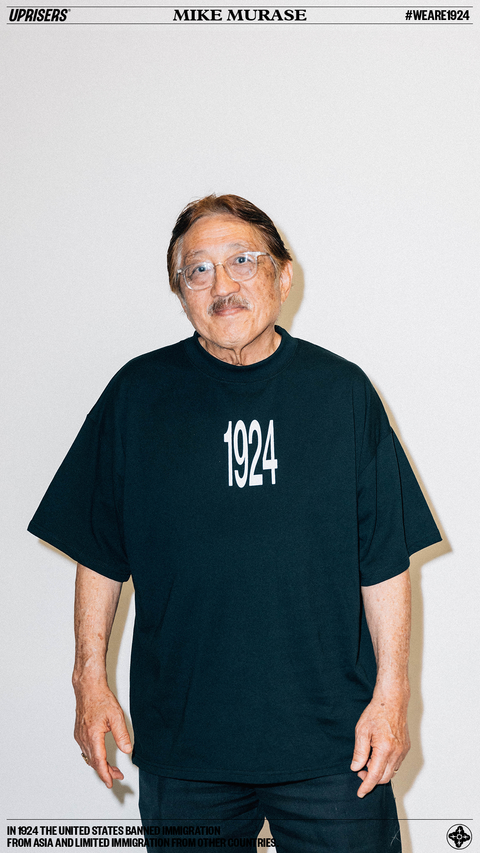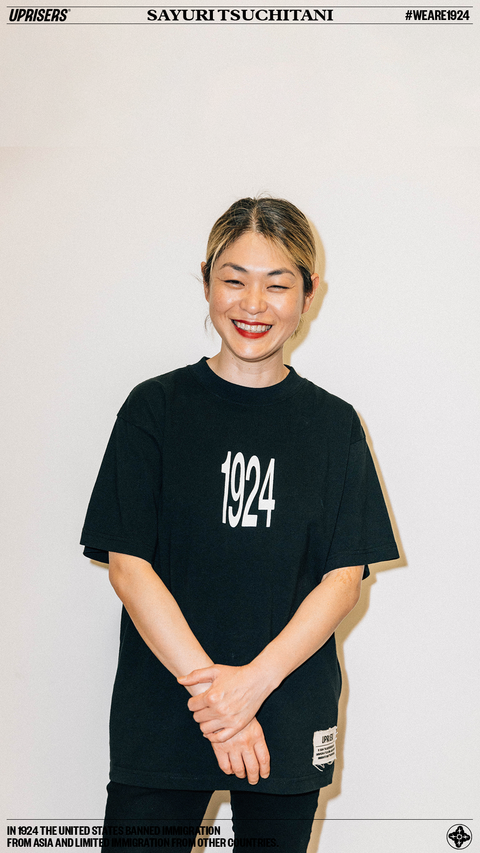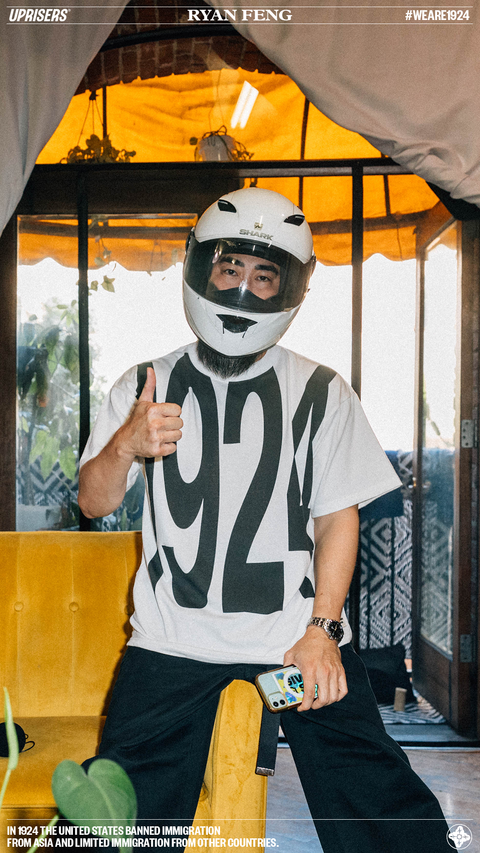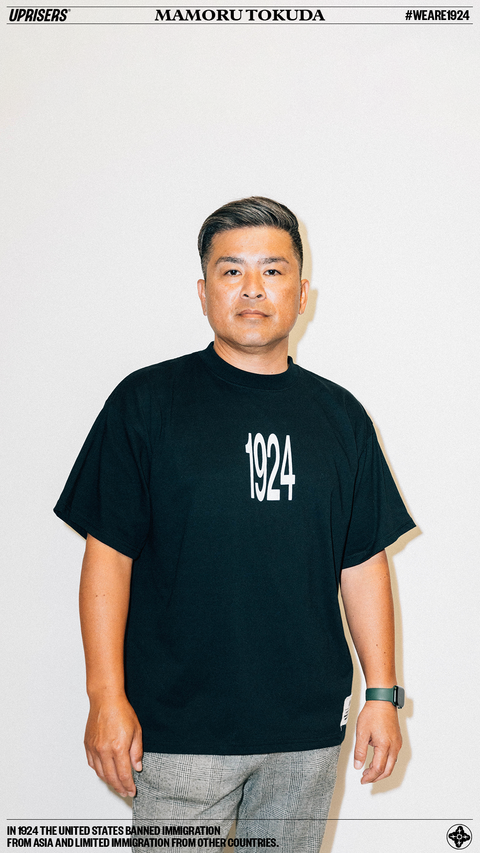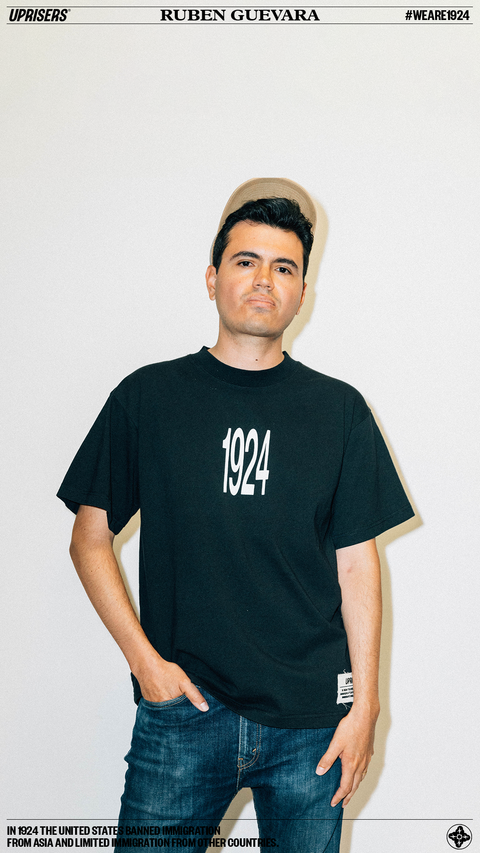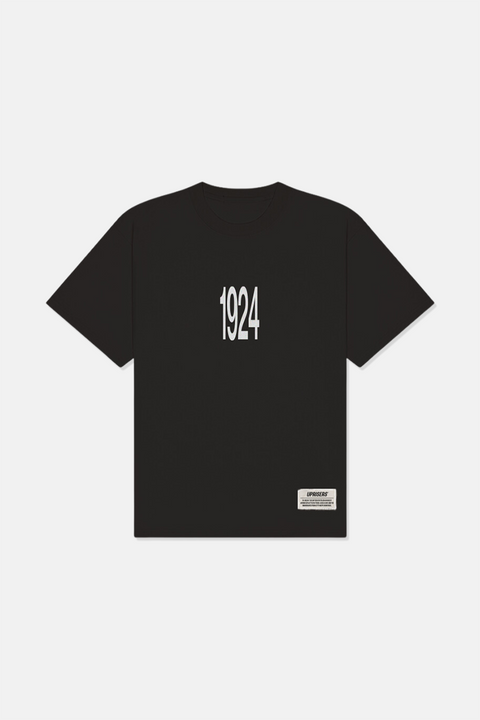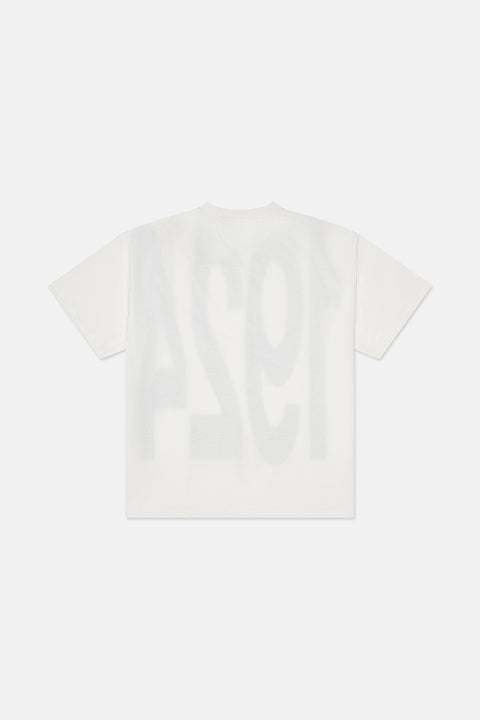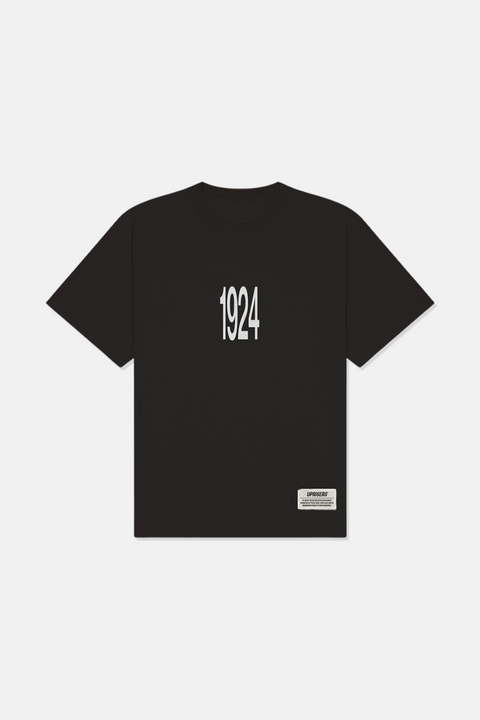WHAT IS YOUR IMMIGRATION STORY?
My mother and father came from the Philippines, particularly the Luzon region of Quezon and my father comes from Batanga City and his father is from San Pablo, Laguna. They migrated here to the United States through different professions: my mother through the medical field as an operating room technician and my father enlisted in the United States Navy. Through their professions, they were able to make their way towards the United States. They met here in Los Angeles, went to Dodger games for dates and raised four boys in downtown Los Angeles, Echo Park, historic Filipino town.
WHAT DOES YOUR CURRENT JOURNEY LOOK LIKE?
So my family was always the entry point stop for many relatives. Many of my father's siblings and my mother's siblings were able to migrate through a kind of reunification process where their parents migrated here and then through that their parents were able to build the process to bring their children over. Most of my parents' immediate siblings are here in the United States. We're now going on several generations here now with my siblings having their own kids and still living in the community we grew up in. So we're still in downtown Los Angeles, Echo Park, where we do we have a small business that showcases American options of barbecue cuts of meat with a Filipino flavor.
In the 90s there were a lot of youth on youth violence. Federal funding and state funding supported these nonprofits that focused on doing at risk youth prevention. So instead of kids participating in violence and substance abuse, they're able to learn about other people's cultures, do community work, beautifification, programming, and after school activities. And one thing that was always kind of prominent in these programs and these activities was communing over food. And particularly for my family, feeding four boys, my mother's parents, her husband, her siblings, and their kids, and then a relative that's passing through that apartment. Being able to cook in large portions to be able to feed folks was something that our family was always kind of known for. And in the process of being a youth in the community and just growing up in the household with a lot of people, food was always important and it was a way for folks to debrief after a long day's work to prepare for activities and it just so happened that it intersected where our role of being able to feed people in our community based off of the recipes that we cooked at home. It gave us an opportunity to offer that to the greater Los Angeles public through catering at first and then eventually opening up a restaurant in the community we grew up in utilizing recipes that we've cultivated in our experience here as Americans of Filipino descent. I think what's important is that even in the process of learning about or even documenting our current progress that there was opportunities to learn more about where we've come from.
So during the pandemic, I was able to pose questions to my nephews and nieces about being engaging with your elders and asking them some basic questions such as, What's the name of your grandparents? And see how far they can go back. And in that process I was able to listen to the conversations and discover new things that even I myself wasn't familiar with. My father's father and his grand maternal grandparents were involved with the liberation of the Filipino people first against the Spanish and then against the United States and then against the Japanese. So these are things that even though I was enthralled in and immersed in the Filipino American culture, the greater Asian-American culture, people of color, just, even Angelino heritage, finding these new openings and discoveries of our families, is something that we've always kind of been I would say journalist in, but trying to archive our family stories that as you open up these onions, there's more layers and layers of these dynamic stories. And sometimes, it's not positive. Sometimes it's very sad and tragic. But part of it is being able to figure out certain moments and instances and in policies as well as just family experiences that put us in this position that we're at now.

